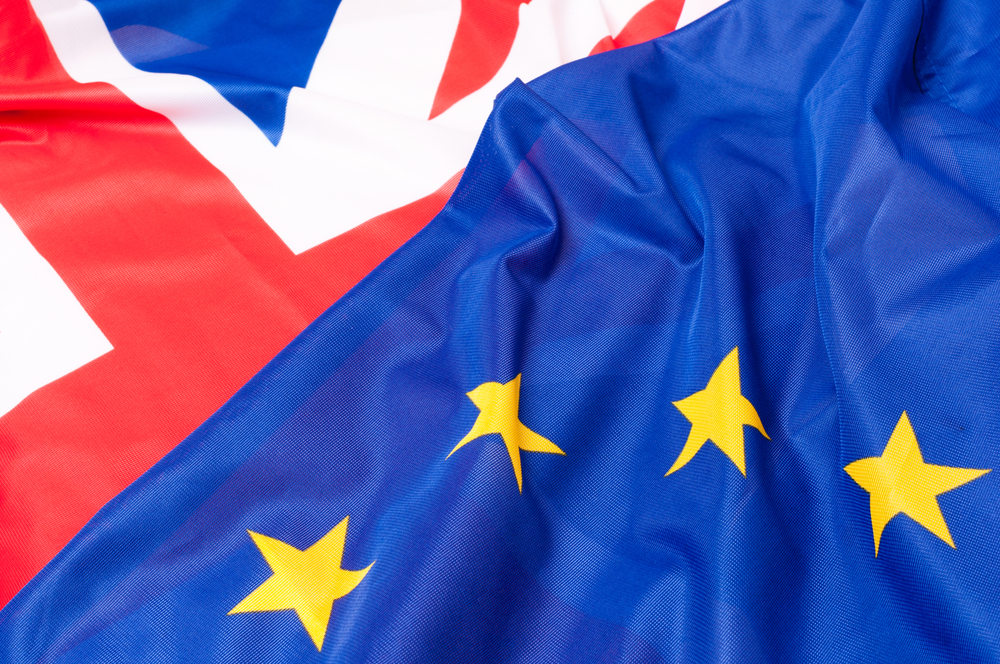 Sterling has hit a 31-year low and global markets have plummeted following Britain’s decision to leave the EU.
Sterling has hit a 31-year low and global markets have plummeted following Britain’s decision to leave the EU.
While polls initially put the Remain camp in the lead, in the final vote there was 52-48% split in favour of leaving the EU.
Following the result, Prime Minister David Cameron also announced that he will resign in the autumn.
Sterling saw its biggest one-day fall of all time, hitting $1.33 at one point.
Meanwhile, the FTSE 100 fell 500 points to 5,808.72.
The Nikkei dropped 8% and global crude oil prices also fell.
The Bank of England said it would take “all steps necessary” to ensure financial stability as a result of the decision.
“The Bank of England is monitoring developments closely. It has undertaken extensive contingency planning and is working closely with HM Treasury, other domestic authorities and overseas central banks,” the Bank said in a statement.
The results of the vote showed a nation divided. While London, Scotland and Northern Ireland backed remaining in the EU, England and Wales voted in favour of Brexit.
Nigel Farage, leader of the UK Independence Party, said it would “go down in our history as our independence day”.
The credit rating agency S&P also said that the UK will lose its AAA rating, which could put further pressure on sterling.
Piers Hillier, chief investment officer at Royal London Asset Management, warned that the UK could fall into recession.
He said: “On the back of this morning’s result we expect the UK will fall into a recession. Unfortunately, I see unstable market conditions lasting for between three and five years whilst new trade agreements are drawn up.
“It is our view that the UK government will be left with no choice but to stimulate the economy through fiscal and monetary means, flooding the system with liquidity if necessary.”
Dick Jenkins, Building Societies Association chairman, said: “The UK population has made its decision and it is important that the focus returns quickly to business as usual. The process of leaving the EU will be a relatively slow one, taking around two years. Today and for the foreseeable future nothing changes in the building society sector. Mortgages are available and retail savings are safe, exactly as they were before the referendum.
“The greatest concern for the UK economy and something that affects financial market sentiment and ultimately interest rates is uncertainty. The primary job for the government and politicians generally is to unite to ensure that they do everything possible to counter this and set the tone and framework for the UK economy to thrive.”
How will Brexit affect house prices?
The International Monetary Fund has said leaving the EU could send house prices crashing and severely damage the UK economy.
According to a joint study by the Cebr for the National Association of Estate Agents and the Association of Residential Letting Agents, exiting the EU could wipe a staggering £26.5 billion off total property values.
The research also found imposing greater restrictions on foreign workers coming into the UK as a result of a Brexit vote could hit the UK’s ability to build homes.
Analysis by the Treasury shows that there would be a hit to the value of people’s homes by at least 10% and up to 18%.
With the average cost of a house in the UK now £292,000, this means prices could fall between £32,000 and £57,000.
Jeremy Leaf, a former RICS chairman and north London estate agent, said that Britain would be entering “unknown territory”.
“A prolonged fall in sterling may encourage some opportunistic foreign investors and/or owner occupiers to take advantage of market softening but overall most will wait to see how far house prices fall, as well as the implications for lending and employment, before taking the plunge.
“In the medium to longer term, the underlying strength of our economy will drive activity and investment. The UK and particularly London property markets are long-established and sophisticated so have always attracted investment and should return to some form of normality, whatever that means now, after an initial period of indecision.”
Mortgages
Chancellor George Osborne has warned that if the Britain leaves the EU, mortgage rates could go up if the pound slumps.
A fall in the value of the pound could potentially lead to the Bank of England raiseing interest rates to battle inflation.
This could result in making mortgages more expensive to repay for borrowers.
However, many analysts believe that a rise in interest rates is unlikely as the Bank of England would want to shore up confidence following a Brexit vote.
Interest rates could also potentially be cut in order to support the UK economy.
Mark Harris, chief executive of mortgage broker SPF Private Clients, said: “In the short term, not a great deal will change. Mortgage availability is good, banks still want to lend and interest rates are at an all-time low. Swaps are falling on the back of the outcome and it’s likely to have put back any interest rate rise further still.
“The remortgage market is likely to continue to be aggressive with some competitive deals to attract borrowers.”
Leaf said: “If inflation goes up, the Bank of England may be obliged to raise interest rates which will have an impact on the property market. If interest rates don’t go up, that will help reduce volatility in the market as a rate rise affects confidence.”




